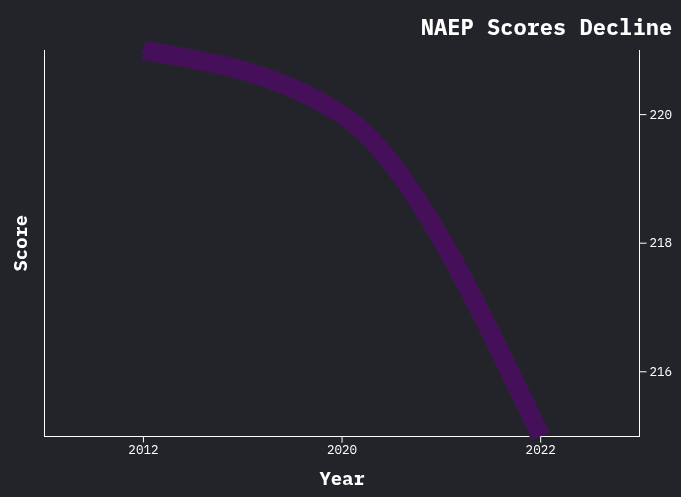In recent years, discussions around mental health have gained traction, yet schools often fall short of addressing the practical implications of these conversations. One simple step schools can take is to formally acknowledge mental health as a legitimate absence.
Mental health challenges among students are at an all time high. According to the CDC, rates of depression and anxiety in teens has risen significantly over the past decade, fueled by academic pressure, social media and more recently, the lingering effects of the covid pandemic.
While schools prioritize academic success, many neglect to realize that a student’s mental well being is foundational to their ability to learn and thrive.
Junior Dorothy Dunning said, “Allowing for mental health days sends students a clear message that it’s okay to take a break to focus on your emotional well being.”
Just as students stay at home to recover from the flu, they should be able to step back to manage their stress, anxiety or other mental health issues. A day off can help to regroup, prevent long term burnout and help students return to school more focused and engaged in their topics.
Critics may argue that students could misuse mental health days as an excuse to skip, but kids are going to skip regardless. The benefits outweigh the potential downsides. Clear guidelines, such as parental consent and a limited number of allowable days, can prevent this abuse while still providing a safety net for those in need.
“Stress and anxiety can cause bumps within my ability to focus on work, often ruining my motivation and causing procrastination,” said senior Kayleigh Cooke. “This creates even more anxiety from possible late work and the cycle often continues if it’s not broken.”
Stressed and overwhelmed students are less likely to perform well in class, creating additional challenges for teachers and students. By supporting students’ mental health, schools foster an environment where both students and teachers can succeed.
Incorporating mental health days into school policies is not a radical proposal; it’s a necessary one. Schools should lead the way in prioritizing mental health, recognizing that academic success and emotional well being go hand in hand. Giving students the tools and time to care for their mental health isn’t just compassionate; it’s essential for building a healthier more resilient generation.
If we truly want to prepare students for the future, we must equip them with the understanding that mental health matters, and sometimes taking a day off is the healthiest choice.









































